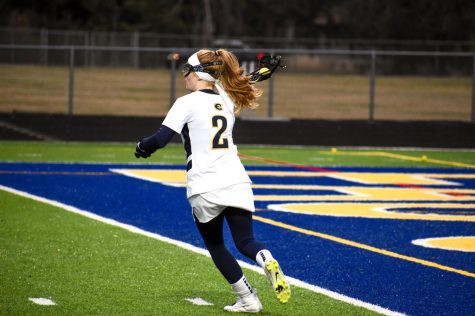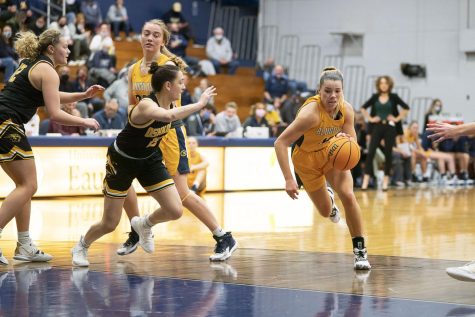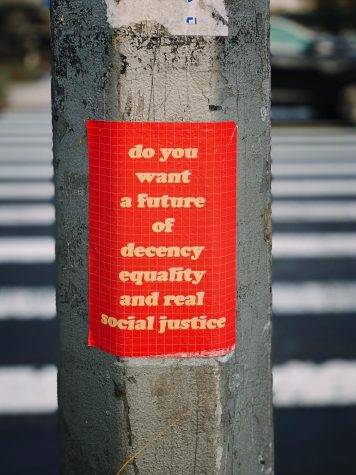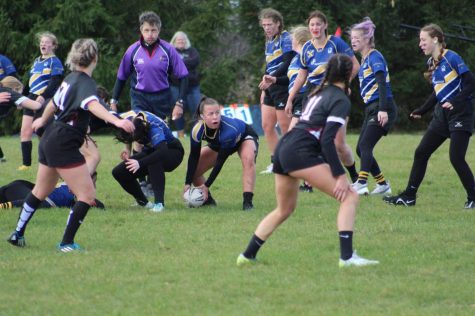Talking Title IX
Looking at gender inequity in the realm of campus sexual assault
More stories from Nicole Bellford
In Kirby Dick’s surreal 2015 documentary, “The Hunting Ground,” female college students from a handful of universities across the nation discuss their traumatic experiences with sexual assault on campus, shedding light on the troubling aftermath of fighting for justice.
When I first watched the documentary, I found myself both in moments of rage and moments of tears. I was heartbroken and frustrated to hear how nonchalantly these universities acted toward women who experienced sexual assault, and how they were far more committed to covering up any type of campus scandal rather than forcing those responsible to suffer the consequences.
However, I found myself even more upset when I heard some of the women in the documentary cite their struggles as a direct violation of Title IX.
Looking deeper into the issue, it makes perfect sense. Title IX calls for equal opportunities and access to federally funded education programs regardless of gender. While I often narrow this field to inequality in sports, the legal enactment’s reach is much greater.
According to Dick’s documentary, approximately 60 percent of college women are sexually assaulted during their time on campus. On top of that, 88 percent of these cases go unreported, often out of fear that the women will face more ridicule than justice for their reports.
Additionally the film’s chilling statistics about sexual assault reports among “big-name” universities from 1996-2013 is even more appalling. Looking at reports from the University of Berkley, University of Virginia, Dartmouth College, Stanford University and University of North Carolina, these schools have faced a combined total of 833 reported sexual assaults.
Nevertheless, only seven expulsions have resulted from these reports (that’s right, seven).
And of course, who could forget the infamous verdict in the People of California vs. Brock Turner in March of 2016? Turner, a Stanford University first-year swimmer at the time, was accused of sexually assaulting a female from the same college at a party behind a dumpster. Two witnesses recall biking past the scene, pulling Turner off of the unconscious female while she was completely unclothed.
The young woman, “Emily Doe,” made her statement in court, criticizing Turner’s team of attorneys for justifying his actions with his blood alcohol content.
“This is not a story of another drunk college hookup with poor decision making,” Doe said. “Assault is not an accident.”
Turner was found guilty on five counts, including rape of an intoxicated person and rape of an unconscious person. However, the 19-year-old received a mere six month prison sentence, and only ended up serving three due to “good behavior.”
Disgusting cases and statistics such as these force the question: How can women on college campuses possibly be receiving equal access and opportunities to their education if they must live in constant fear of sexual assault, as well as watch those responsible slide by without any consequence?
If you ask me, they can’t.
It looks like the fight for equality is a longer road than we could have possibly imagined.










